I have the following code:
var d = double.Parse("4796.400000000001");
Console.WriteLine(d.ToString("G17", CultureInfo.InvariantCulture));
If I compile and run this using an x86 configuration in Visual Studio, then I get the following output:
4796.4000000000005
If I instead compile as x64 I get this:
4796.4000000000015
I realize that using 32 och 64 bit compilation must affect how double values are handled by the system, but given that C# defines double as being 64 bit, shouldn't the result of this operation be the same independently of what compilation configuration I use?
Additional observation
Based on a comment regarding double.Parse I wrote this code:
var d0 = double.Parse("4796.400000000001");
double d1 = 4796.400000000001;
Console.WriteLine("d0: " + d0.ToString("G17", CultureInfo.InvariantCulture));
Console.WriteLine("d1: " + d1.ToString("G17", CultureInfo.InvariantCulture));
I get the following output when compiling as x86:
d0: 4796.4000000000005
d1: 4796.4000000000005
But I get this when I compile as x64:
d0: 4796.4000000000015
d1: 4796.4000000000005
Notice how the values differ in the x64 version, but not in the x86 version.

